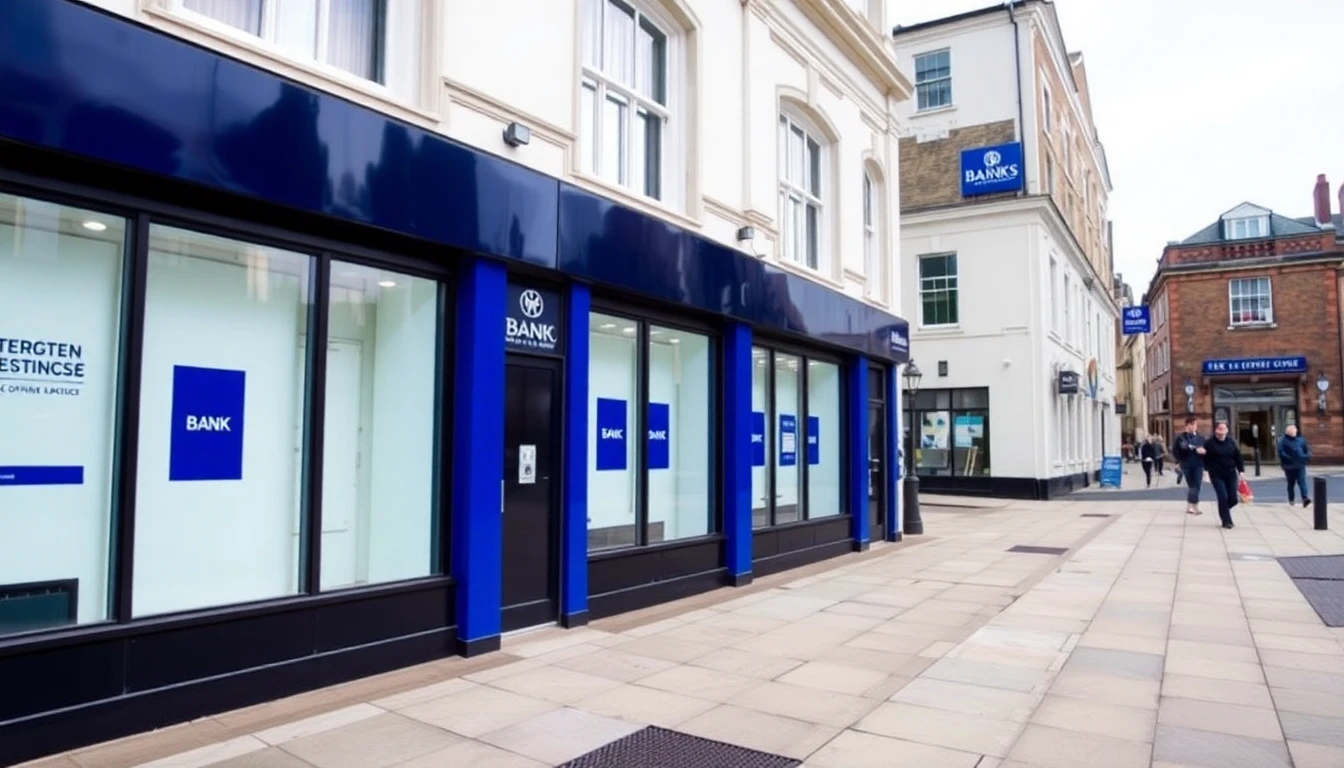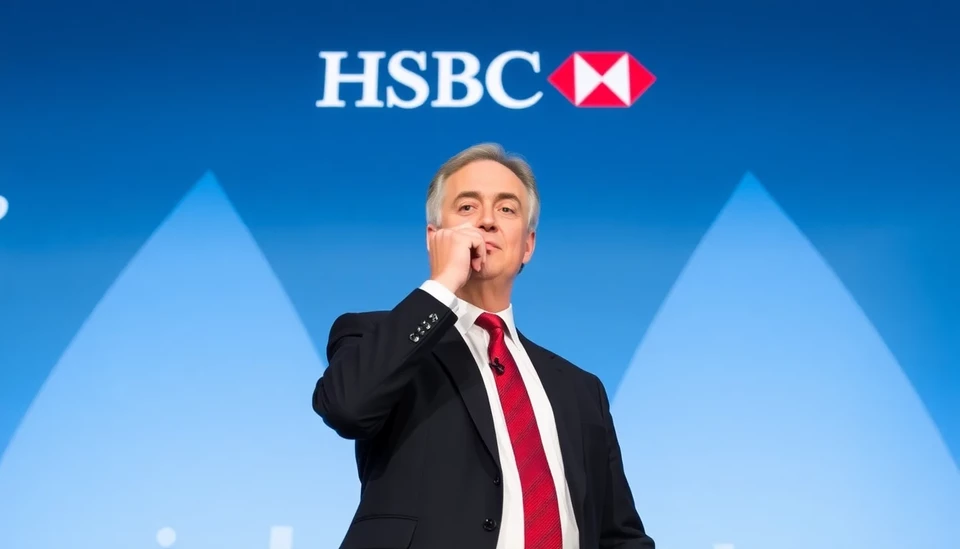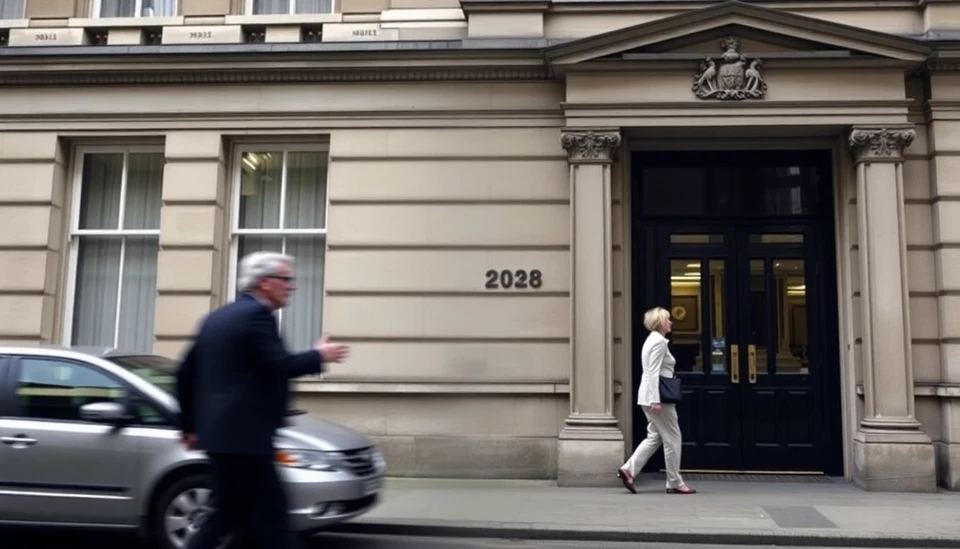
They have been allowed to take up to four days to closely scrutinize the payments for fraud as a means of providing more consumer protection. This is part of a broader update that aims to put a rein on the rising tide of online financial scams victimizing people all over the country.
This recent development of the verification timeline shows that both financial institutions and regulatory bodies are working quite seriously to improve the security measures in place. Previously, the checking process applied to all kinds of payments was much shorter, hence creating a weakness that cybercriminals could use. Authorities seek to reduce this risk by allowing banks a longer period for checks that can then be more in-depth to help better identify fraud.
Online scams have indeed spiraled out of proportion in the last couple of years, with fraudsters reportedly employing more sophisticated means to deceive unsuspecting victims. It thus comes into play due to an upward trend so alarming that it aims at nothing but protecting the account holder and restoring better faith in digital banking.
The new measures will have banks employ sophisticated technological tools and practices during this four-day timeframe, including artificial intelligence algorithms assessing transaction patterns for anomalies and manual reviews by bank staff where such will be deemed necessary. Thus, the banks will be in an even better position to detect suspicious activities easily and block any fraudulent transaction that may arise, well in time, before withdrawals or rerouting of funds can be carried out by fraudsters.
Even with the added delay, banks have been instructed not to let customer service standards fall below the mark, so real transactions are minimally disrupted. This leaves them in striking a balance between heightened security and customer convenience, one very crucial factor for maintaining customer satisfaction and customer confidence in the services on offer.
The development has elicited a mixed response. While consumers and consumer interest groups hail the security feature, arguing that it becomes necessary given the omnipresence of fraud methods in today's environment, others are worried about possible delays which may interfere with legitimate transactions and asked the banks to commit to quick responses in case of any glitch during the verification window.
The regulatory bodies have reassured the public that it would continue to closely monitor the implementation of these changes by way of guidance and necessary adjustments to make the system effective and consumer-friendly. This proactive approach underlines the ongoing commitment to adapt to an ever-changing Fintech and cyber threat landscape.
This regulation just puts another piece in the already complex mosaic for financial security, but it strives to create a better and safer environment for all bank customers in the UK. By taking comprehensive action against scams, the financial sector wants to restore lost trust and make a secure banking experience for one and all.
Admittedly, this may be considered a nuisance by some, but it's one important piece in a much bigger jigsaw to help consumers defend against this perpetual digital fraud and scam threat.
As these measures go live, it waits to be seen how well banks will be able to balance the increased security requirements with the need to maintain customer satisfaction.
This safeguarding framework is set to kick-start what looks like an important journey on the way the UK banking system secures digital transactions from fraud risks for consumers.
#UKBanks #PaymentSecurity #FraudProtection #DigitalBanking #CustomerSafety #ScamPrevention #FinancialSecurity
Author: Samuel Brooks




